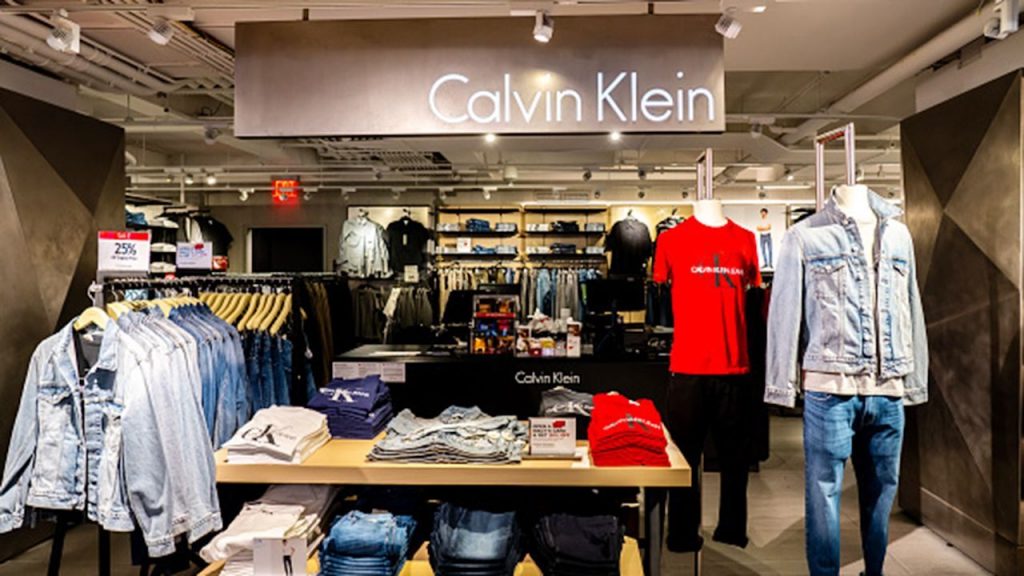
Traders work on the floor of the New York Stock Exchange (NYSE) in New York, U.S., March 20, 2020.
Lucas Jackson | Reuters
More than two-thirds of professional investors doubt that the stock market jump off the March lows is the start of a legitimate new bull market, according to the Bank of America Fund Manager Survey for May.
Amid a surge that has seen the S&P 500 rise 32% since the March 23 trough, some 68% of survey respondents called the move a “bear market rally.” The term implies that even though the surge tops the 20% benchmark that would signal a new bull market, the fundamentals tell a more pessimistic story. The Bank of America poll is among the most widely followed surveys of investors on Wall Street.
That said, respondents still see the near-term “pain trade,” or the one that catches most investors off guard, as the market going higher. Current sentiment is consistent with an S&P 500 level of 3,020, or about 2.3% higher than Monday’s close, according to Michael Hartnett, chief investment strategist at Bank of America Global Research.
The results come with investors reassessing the landscape after the longest bull market in history ended abruptly after peaking in late February. The slide on Wall Street over the next month was the quickest descent ever into bear market territory as a global economic shutdown pushed investors to sell everything and brace for the worst.
Survey respondents consider the biggest catalyst for a “V” shaped recovery to be a vaccine; conversely, they see the biggest risk to be a second wave that comes in the fall.
Investors view value stocks as the worst bet in the current climate. A net 23% expect the group to outperform their growth counterparts, the lowest level since December 2007.
Sector bets now favor defensive areas like health care, cash and bonds and against more cyclical investments such as energy, stocks in general and European assets. Cash levels are at 5.7% of portfolios, off the recent high of 5.9% but still considered elevated.
Views on what companies should do with their own cash reflect changing market attitudes: A net of 73% said they should focus on improving balance sheets and paying down debt, while just 15% favored capital expenditures and 7% said it should be returned to shareholders via buybacks and dividends.
Managers also see significant shifts in corporate focus ahead. They deemed the most likely “structural shift,” at 68%, to be focusing on producing goods closer to home, followed by trade protectionism (44%), higher taxes (42%) and the use of Modern Monetary Theory (24%), or the belief that government debts don’t matter if inflation stays low, while public spending should focus on programs aimed at reducing wealth inequality.

